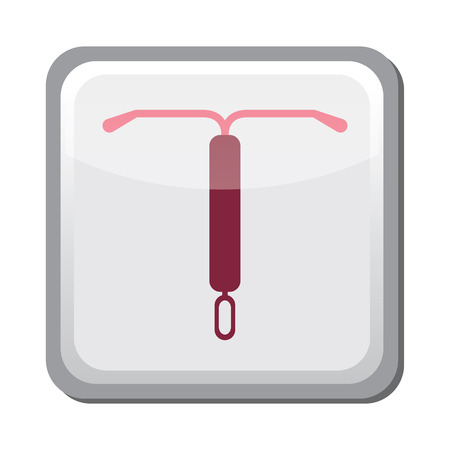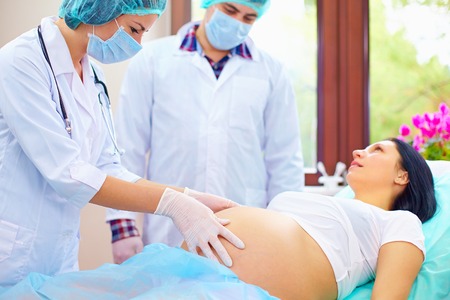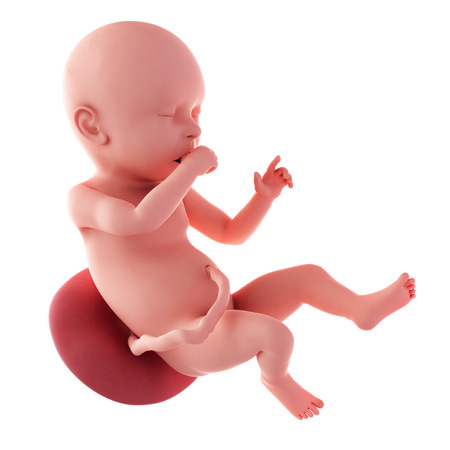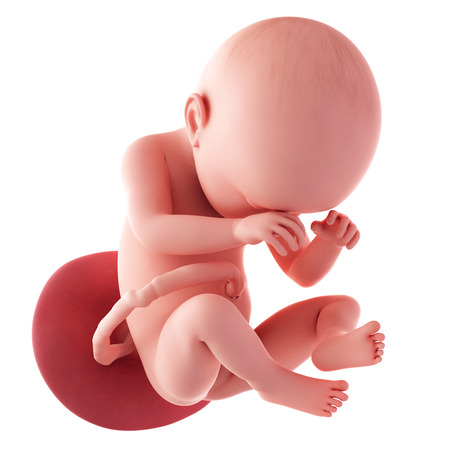Pregnancy is a wonderful experience in a women’s life. Around the 10-15th day of your menstrual cycle, ovulation takes place and an egg is released from the ovary into the Fallopian tubes. If the egg is fertilized by a sperm, the fertilized egg is propelled by the movements of the Fallopian tubes into the uterine cavity where it attaches and grows for the next nine months. In ectopic pregnancy, the fertilized egg gets implanted into the Fallopian tube or rarely even in the ovary or abdominal cavity and begins growing there. The Fallopian tubes are the most common site of implantation of an ectopic pregnancy (tubal pregnancy). The uterus has been designed by nature to hold and nourish the baby for nine long months which is not the case with the Fallopian tubes. And so, ectopic pregnancies are generally lost.
Causes of Ectopic Pregnancy
An ectopic Pregnancy can occur without any cause or risk factor. However research shows that commonest cause is damaged or abnormal Fallopian tubes due to which the fertilized egg is not propelled into the uterine cavity for implantation. Certain other predisposing factors for ectopic pregnancy are as follows:

- Use of IUD-intrauterine device like copper-T
- Previous abdominal surgery which may have left to scarring or damaged tubes
- IVF treatments
- History of a previous ectopic pregnancy
- Congenital (by birth) abnormality of Fallopian tubes
- PIDs (pelvic inflammatory diseases) or untreated STDs like gonorrhea
- Use of fertility drugs
- Tube ligation or recanalization tubal surgery.
- Endometriosis which causes scarring of the Fallopian tubes.
Diagnosis of Ectopic Pregnancy

The diagnosis of an ectopic pregnancy is often missed in the initial weeks as all the early signs of pregnancy remain the same. Home pregnancy test is always positive. If you experience any of the following ectopic pregnancy symptoms, you should see the doctor immediately.
- Lower abdominal pain which increases to become severe cramps
- Vaginal bleeding or spotting
- Sharp pain on one side of the abdomen
- Nausea and vomiting
- Dizziness and fainting feeling
- If the tubes happen to rupture, the pain and bleeding is severe and may lead to collapse. It is a medical emergency.
The diagnosis is confirmed by looking for pain, tenderness and a lump on pelvic examination, and an ultrasound which shows an empty gestational sac (the sac which holds the embryo). The condition of the Fallopian tubes and the surrounding structures will be checked during an ultrasound.
Blood levels of b-HCG hormone will be lower than normal in the early weeks of pregnancy and the sharp increase in levels week by week will be absent.
Treatment of Ectopic Pregnancy
The treatment will vary depending on how big the embryo is at the time of diagnosis.
If the pregnancy is clearly ectopic and the embryo is very small, medical management may be done. Drugs to stop the placenta from growing will be given and gradually the embryo will get absorbed. HCG levels will be monitored periodically. This can be done only if the Fallopian tubes are intact.
In case the tube has ruptured, emergency surgery will be required to control the bleeding. The affected Fallopian tube may need to be removed if it is badly ruptured.
In case the Fallopian tube has not ruptured and the embryo is small enough, laparoscopic surgery will be needed to be done. A tiny incision is made in the Fallopian tube to remove the embryo. The Fallopian tube is preserved and the fertility remains intact.
If the embryo is big and the pregnancy has advanced, then laparoscopic procedures may not be possible and you may need a major abdominal surgery.
Post-surgery, the levels of b-HCG will need to be monitored till they reach zero in order to ensure that the removal of the ectopic pregnancy is complete.
Prognosis of Ectopic Pregnancy
Detection of an ectopic pregnancy is a very shocking finding as it means your baby cannot survive. It is difficult to deal with this loss. The good news is that you can get pregnant again and have a normal healthy pregnancy. The stage at which the ectopic pregnancy was diagnosed will play a role in the future prognosis.
If one tube was damaged, there are still chances of you getting pregnant with one tube intact. If both the tubes are damaged as a result of an infection or blockage then you may consider IVF-in vitro fertilization as an option.
Counseling can help you and your partner deal with the situation better. It is advisable to start trying again after a gap of at least three months so you can recover physically and emotionally.



